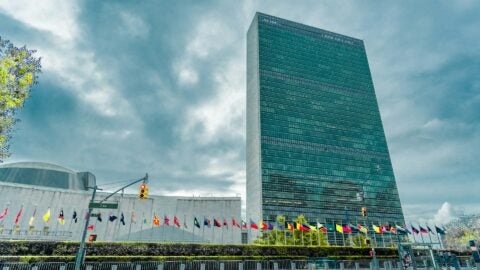HOME *
Exploring accountability for health rights
Special Section Guest Editors: Paul Hunt and Anuj Kapilashrami

Latest issue: December 2025
Including special sections and general papers

Health and Human Rights News
Follow news from around the globe that impacts on people’s right to health



